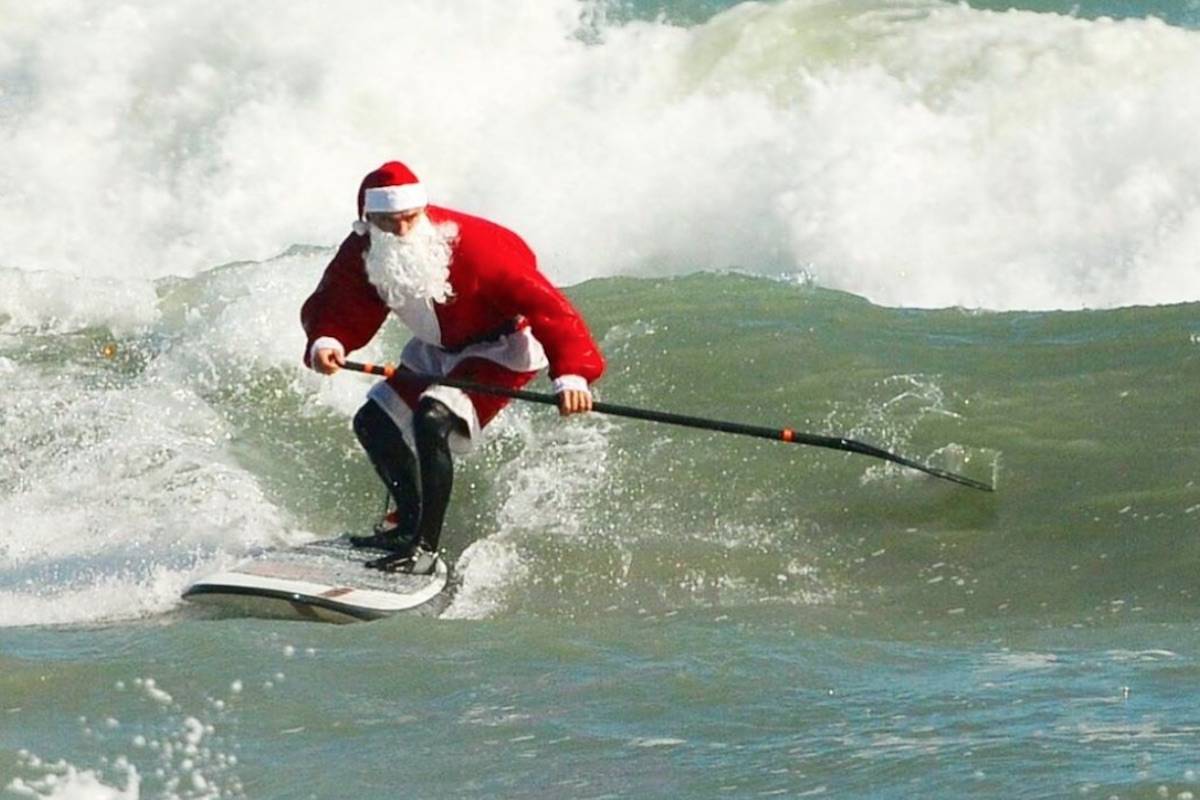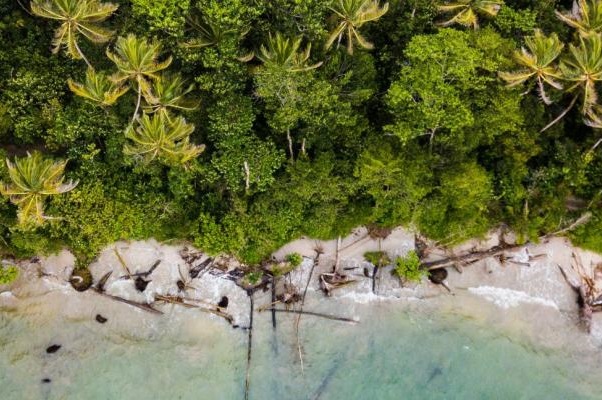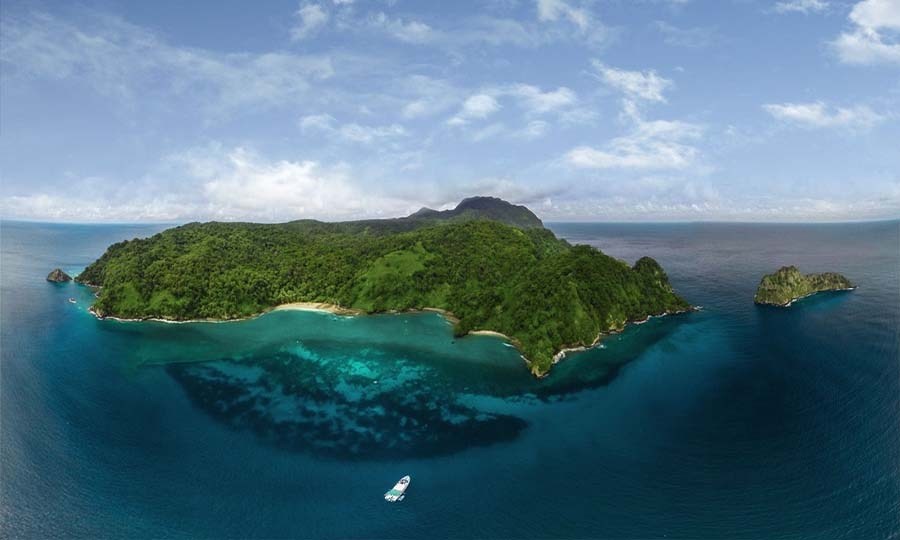Is Costa rica finally getting serious about environmental crimes? It appears it maybe true.
Local News for Playa Potrero, Surfside and Flamingo
Prime Minister Trudeau visits Costa Rica for Christmas
ExpiredCanada's Prime Minister Justin Trudeau, delivered a Christmas message along with this statement on Christmas Eve.
Costa Rica Now Named ‘UN Champion of the Earth’ for 2019
ExpiredIn a recent Press release, Costa Rica has received a 2019 Champions of the Earth award, the UN’s highest environmental honour, for its role in the protection of nature and its commitment to ambitious policies to combat climate change.
New VAT Tax for Costa Rica
ExpiredThe standard rate of VAT will be 13% whilst reduced rates of 6%, 4%, 2%, and 1% will also apply to certain items.
Most restaurants already charge 13% Sales Tax and a 10% service charge, adding 23% to the overall tab. Considering the restaurant staff rely on tips as the major part of their earnings, diners should be adding another 10% to that final bill, provided the service is good.
The current 13% sales tax is also levied on imports and domestic sales of all goods. There are exemptions for basic foodstuffs, medicines and other essentials. Services are currently exempt.
As of July 1st, 2019 that all changes. The country needs to widen its tax base, to cover ever increasing social programs and basic services, which means subjecting services to the new VAT.
Although the full 13% on services may be phased in over a 4-year period, one should expect the majority of the tax increases to applied quickly. Services now accounts for almost half of the country’s economy. This includes the professional services of doctors, veterinarians, accountants, attorneys, engineers, etc and even rents over $400 per month.
The tourism sector will also be subject to the new taxes, but phased in over 4 years. The implementation of VAT will be done gradually, from 0% in the first year, 4% in the second year, 8% in the third year and 13% from the fourth year. The business needs to be registered with ICT to qualify for the graduated rate on services, otherwise they need to charge the full 13% the first year.
While certain basic food products are initially exempt, such as breads and tortillas, rice, flour, milk, meat, eggs, sausages, canned tuna, fruits, vegetables, beverages, personal hygiene items, school goods and other food products, they will be subject to a 1% VAT as of July 1st 2020.
Accountants will be working overtime to keep up with the added paperwork involved in keeping their client accounts up to date. If you charge the tax to your customers, you can claim a rebate on the tax you paid, provided you have a record of every purchase and the receipts are in the legal business name. And of course some charges are nonrecoverable, if one considers that even your lawyer and accountant will now charge the VAT, estimated to be 6%.
The concept of turning every business owner into a tax collector is not a new one. VAT charges exist in many countries and ideally apply to luxury items and not essentials like food, water, electricity and public transportation. In most countries the VAT charges end up affecting everyone, no matter their income level. In Canada the VAT is currently 5% whereas in Brazil it is 17% and Mexico it is 16% (Reference).
Considering the various rates involved in this new system, one should expect a complicated process that will result in the government having to hire more staff to manage the collections and processing, reducing the winfall expected from the taxes collected. Payments and associated paperwork are due monthly.
It is highly recommended that if you own a business in Costa Rica or you rent a property, you should seek out a reputable accountant, or legal office, preferably one who knows your business sector and how the new tax laws will be applied.
The full Decree with lists of products and services can be downloaded here.
Blue Park Award for Isla del Cocos Marine Conservation
Expired$2 Billion Judgement against Monsanto
ExpiredA California jury has ordered Monsanto to pay over $2 billion in damages, over twice the amount they were requesting.
Ecological restoration of Cocos Island National Park
ExpiredThe agreement signed between the Ministry of Environment and Energy (Minae), the Island Conservation organization and the Asociación Costa Rica por Siempre (ACRXS or Costa Rica Association Forever) will also promote management activities, scientific research, planning and communication.
"Through this agreement we are following up on a series of efforts that we have been implementing since the beginning of this administration in terms of security and surveillance. With these actions we want to continue to materialize efforts for the protection and environmental conservation in an integral way. Cocos Island is a unique treasure in the world and we have to protect it permanently, "said the Minister of Environment and Energy.
The island is a unique and exceptional territory due to its geographical location, its origin and geological history and the oceanographic and climatic conditions it supports. It is also part of the Eastern Tropical Pacific Marine Corridor (CMAR), a strategic territory for marine and climatic research.
It has healthy and resilient coral reefs and is the only oceanic island in the eastern Pacific that features humid tropical forest. In addition, it is a site of convergence of migratory marine species, which reach its waters to feed and reproduce, which makes it a key site for the maintenance and conservation of marine resource reserves in the region.
With this agreement, the organizations involved will also support the search for funding sources for the restoration projects, as well as the identification of allied organizations that can provide technical assistance in the implementation phase. For example, initially the ACRXS will provide $20,000 to develop a communication strategy to inform the population and create a fundraising strategy.
This tripartite collaboration will help improve the ecological integrity of Cocos Island and allow the country to learn about the lessons learned and best practices that have been applied elsewhere, as Island Conservation has great experience in the restoration of ecological islands, basing their actions on solid scientific information, which has enabled it to restore 63 islands in both the Caribbean and the Pacific Ocean, positively impacting 1173 populations of 468 species and subspecies.
"For island Conservation this is a unique opportunity to support the management and conservation of Cocos Island and to collaborate with the government of Costa Rica, because of what the island represents as a natural heritage of humanity and to safeguard its biodiversity. We are confident that by combining efforts between Minae and both NGOs, the complete restoration of the island can be successfully completed, said Eliécer Cruz, South America manager for Island Conservation.
Cocos Island has 270 species of fish and of convergence of pelagic (open ocean) species, among them four species of turtles and fourteen of sharks. In addition, there are 149 species of birds and there are no native terrestrial mammals; The five species that inhabit it, such as the black Rat, the white-tailed deer and the pig, were introduced and therefore strongly threaten the present biodiversity.
















